Partial and full dentures in Westchase, TX, replace missing teeth and restore oral functionality.
Partial dentures consist of teeth attached to a gum-colored base, supported by metal clasps or precision attachments anchoring onto the adjacent natural teeth.
On the other hand, full dentures are ideal if you are missing all teeth in either the upper or lower jaw. These removable appliances consist of a complete set of artificial teeth mounted on a flesh-colored acrylic base. Full dentures are custom-made to fit the individual’s mouth and provide functional and aesthetic benefits. They rely on suction or denture adhesives to stay in place.
Dentures also support the facial structure, preventing a sunken appearance due to tooth loss. They enhance speech clarity, maintain proper alignment of remaining teeth, and contribute to a confident smile.
However, it’s important to note that dentures require regular maintenance and adjustments. Proper oral hygiene practices, including daily cleaning of the dentures and the remaining teeth and gums, are essential to prevent oral health issues. Regular dental check-ups are necessary to ensure the dentures fit correctly and address potential concerns.
The Denture Fitting Process: What to Expect
The denture fitting process involves several steps to ensure a comfortable and functional fit. Here’s what to expect during the process:
- Initial consultation: During the first visit, a dentist near you will assess your mouth, including the condition of your gums, any remaining teeth, and jaw structure. They will discuss your expectations and treatment options, guiding you in choosing the most suitable denture type.
- Impressions and measurement: The dentist will take jaw and teeth impressions of your mouth using dental putty or digital scanning technology.
- Denture design and fabrication: Based on the impressions and measurements, a dental laboratory will create a custom denture that matches the shape, size, and color of your natural teeth (if applicable).
- Trial fitting: The dentist will place the denture to check for proper fit, comfort, and alignment of the bite. They will assess the aesthetics and make any modifications required for a natural appearance.
- Final fitting: Your Westchase dentist will ensure the denture fits well and provides the desired functionality.
- Follow-up visits: You may need several follow-up visits to address discomfort, sore spots, or necessary modifications to achieve the best fit and comfort.
Benefits of Partial and Full Dentures
Partial and full dentures offer numerous benefits to individuals who are missing teeth. Here are some key advantages:
- Restored chewing function: Dentures enable individuals to regain their ability to chew and eat various foods. This improves digestion and overall nutritional intake, promoting better overall health.
- Enhanced speech: Missing teeth can affect speech clarity, causing difficulties in pronouncing certain sounds. By replacing missing teeth, dentures help improve speech and restore clear articulation.
- Facial support and structure: Missing teeth can lead to a sunken or sagging appearance on the face, making individuals look older. Dentures help support the facial muscles and provide structure, preventing the collapse of the cheeks and lips.
- Prevents teeth shifting: Gaps caused by missing teeth can lead to adjacent teeth shifting out of position, causing misalignment. Partial dentures fill these gaps, keeping the remaining teeth in their proper places and maintaining the alignment of the dental arches.
Maintaining Oral Health with Partial and Full Dentures
Maintaining oral health with partial and full dentures requires diligent care to keep your mouth and dentures clean and in good condition. Here are some key aspects to consider:
- Oral hygiene routine: Even with dentures, it’s vital to maintain good oral hygiene. Brush your gums, tongue, and natural teeth at least twice daily. This helps remove bacteria and stimulates blood circulation in the gums.
- Soak dentures overnight: It is recommended to soak your dentures in a denture-cleaning solution or plain water overnight. This helps to keep them moist, prevents warping, and allows your gums to rest.
- Regular Dentist Visits: Schedule regular check-ups with your dentist to monitor the condition of your dentures, gums, and any remaining natural teeth.
- Proper denture storage: When not wearing your dentures, store them in a denture-cleaning solution or plain water to prevent them from drying out.
Conclusion
Partial and full dentures offer various benefits for individuals with tooth loss. Dentures are a cost-effective and customizable solution, offering a non-invasive alternative to other tooth replacement options. Visit AK Dentistry for more information about dental dentures.
